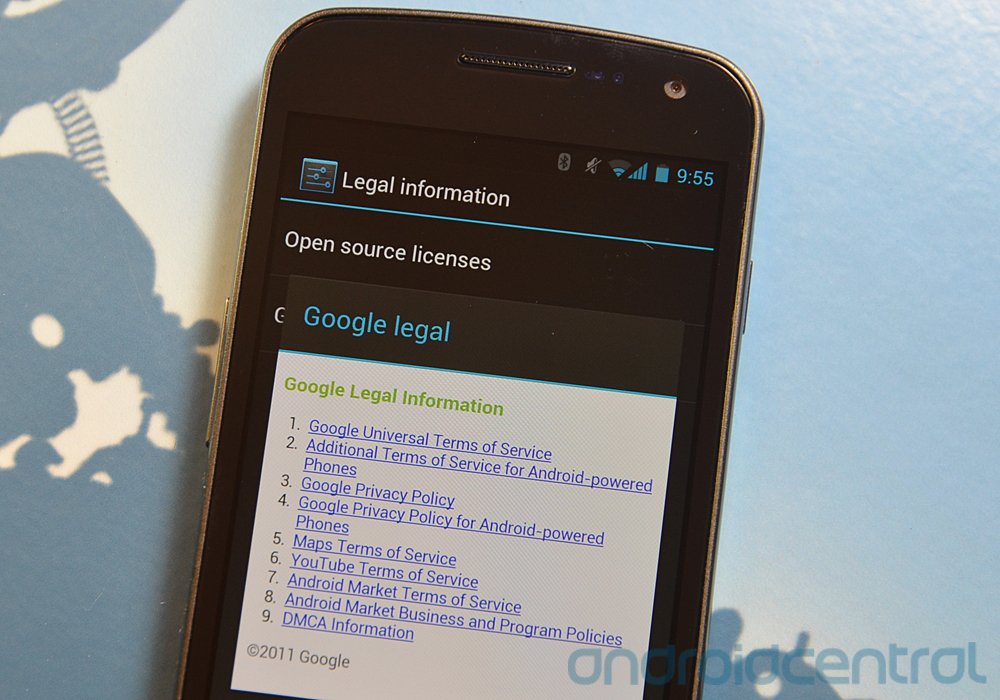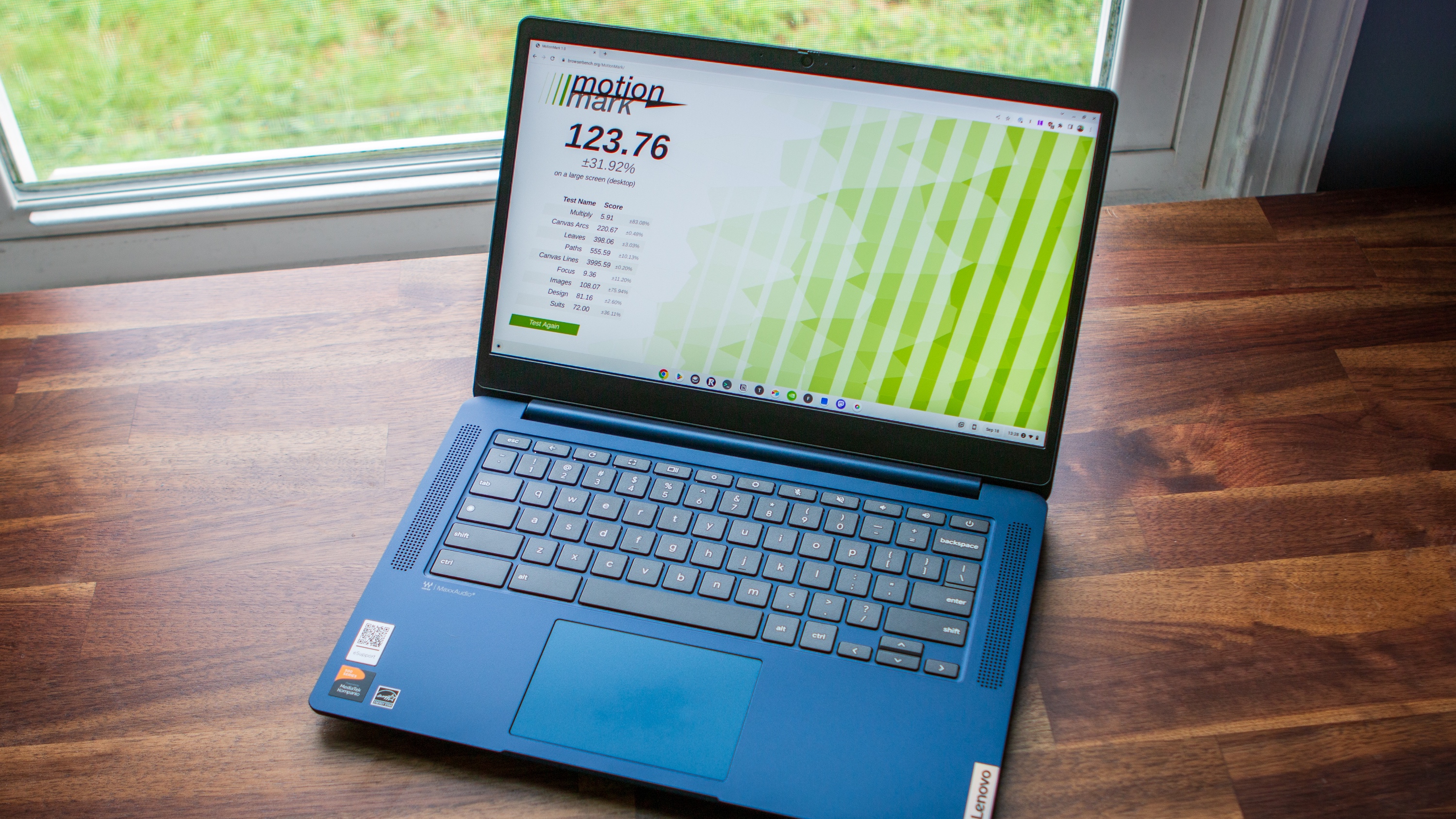Google responds to Congress about its updated privacy policy

Congress wanted answers regarding Google's updated and consolidated privacy policy that goes into effect March 1, and el Goog has responded with a blog post as well as a 13-page letter to eight U.S. representatives.
The long and the short of it is this:
- Google's not using the updated privacy policy to collect new information.
- The new privacy policy doesn't let Google sell your information or anything crazy like that.
- The new privacy policy consolidates dozens of individual policies, with a few exceptions for legal reasons.
- There are a number of Google services that you can use -- including Chrome, Search and Youtube, to name but three -- that you don't have to be logged in at all to use.
In regards to Android specifically, the good people in Washington asked for the following:
8. Please explain exactly how a user of an Android Phone will be affected by Google’s new policy. Is there any ability for users to opt-out, other than not purchasing and using an Android phone? How will Google’s new policy affect users who do not use an android phone but automatically stay logged into their Gmail accounts on their phones?
Google explained that the new privacy policy doesn't materially affect Android, nor do you even have to have a Google account (or at least be signed in) to use an Android device. That's technically true, of course, but you'll certainly lose some functionality. On the other hand, you have devices such as the Amazon Kindle Fire that have become successful without deep Google integration.
Here's Google's full response to that question:
Our updated privacy policy, like the prior versions, covers users signed into their Google Accounts on Android phones just as it does users signed into their Google Accounts from a desktop computer. So the change will not have any significant impact on users of Android phones, and we are not collecting any new or additional data about Android users in connection with this change.Users can choose not to log into an Android phone with a Google Account and still use it to place phone calls, send text messages, browse the web and use certain Google applications that do not require account authentication such as Google Maps. Some Google applications such as Android Market and Gmail require authentication with a Google Account.
Be sure to hit the links below and read Google's complete responses.
Sources: Google Public Policy Blog; response to Congress (pdf)
Get the latest news from Android Central, your trusted companion in the world of Android
More: Google's updated privacy policy
Have you listened to this week's Android Central Podcast?

Every week, the Android Central Podcast brings you the latest tech news, analysis and hot takes, with familiar co-hosts and special guests.

